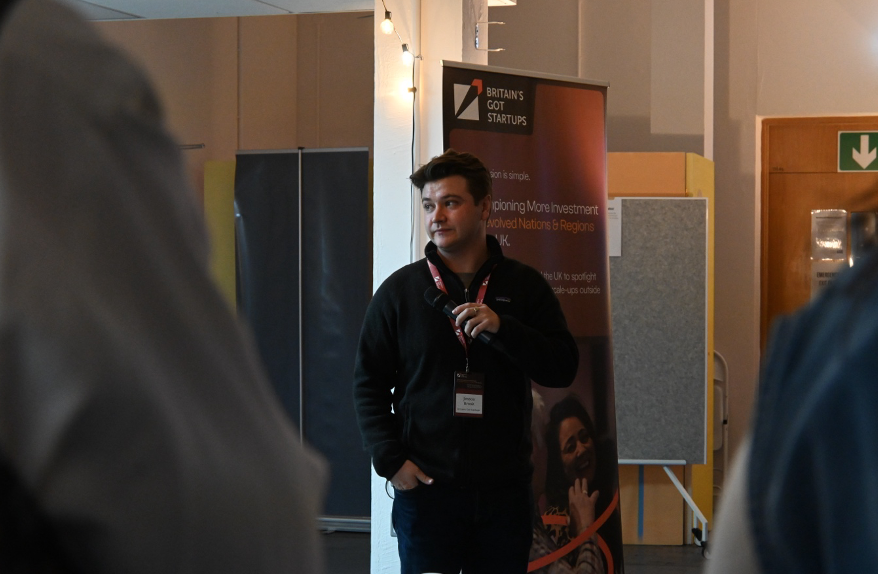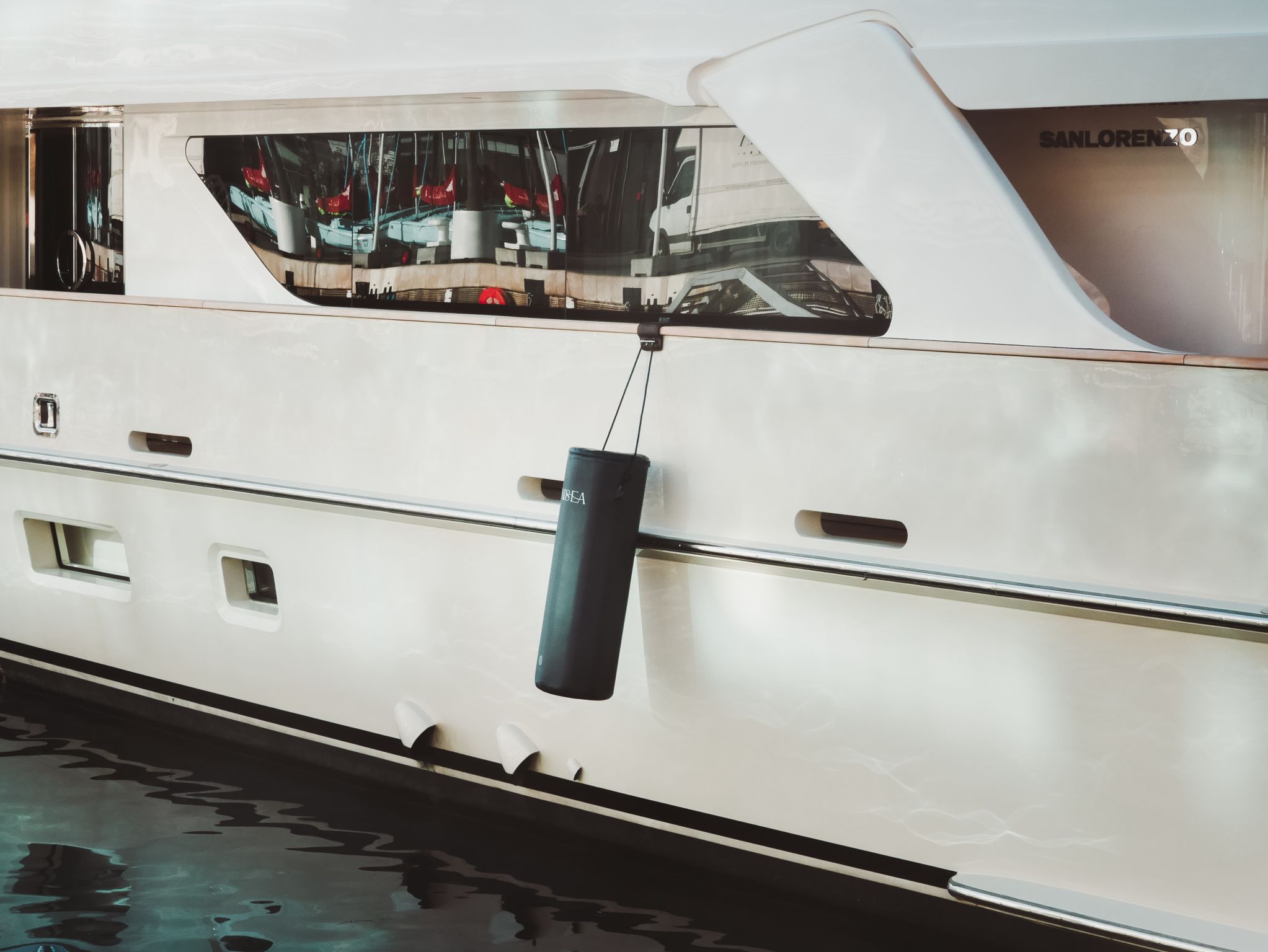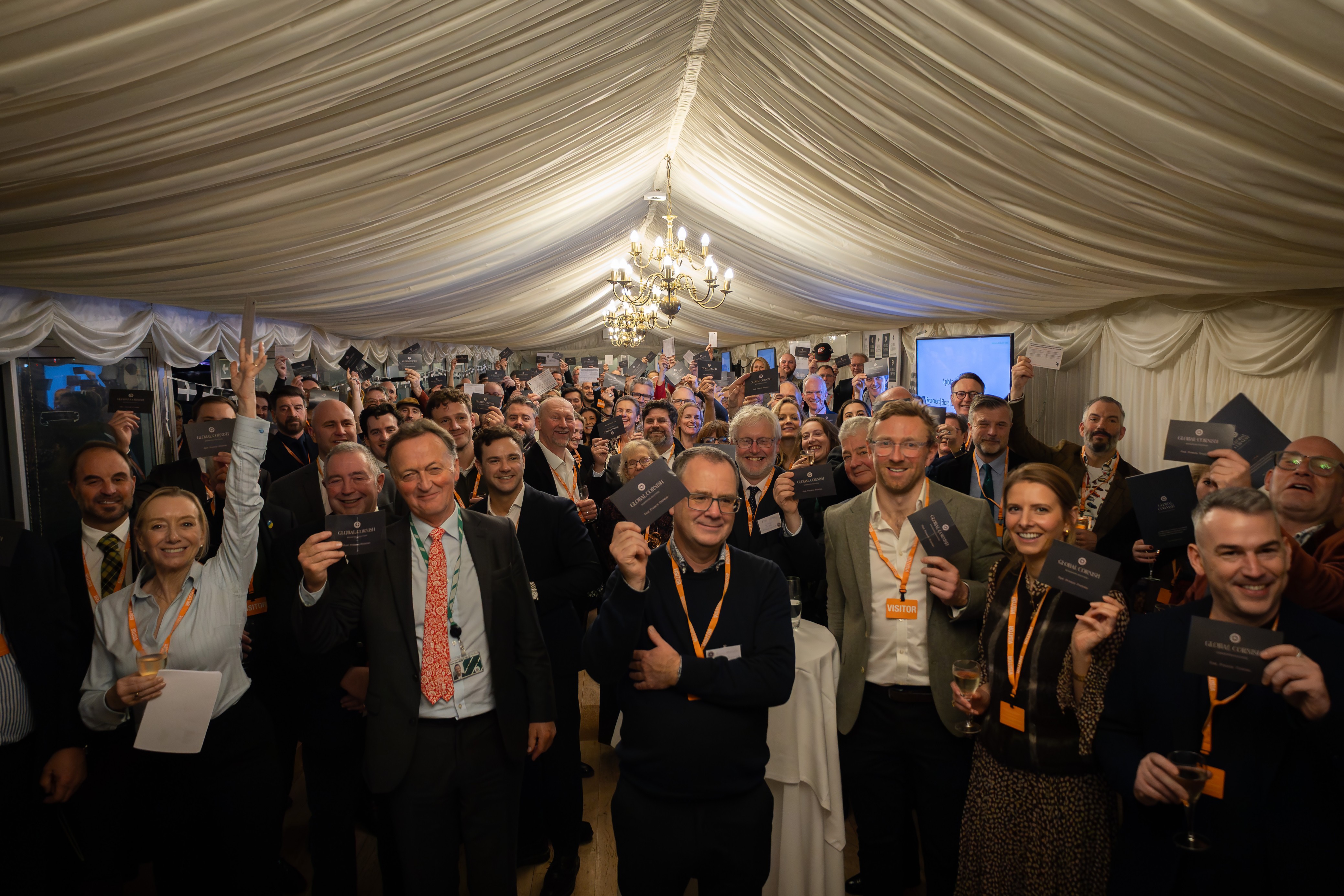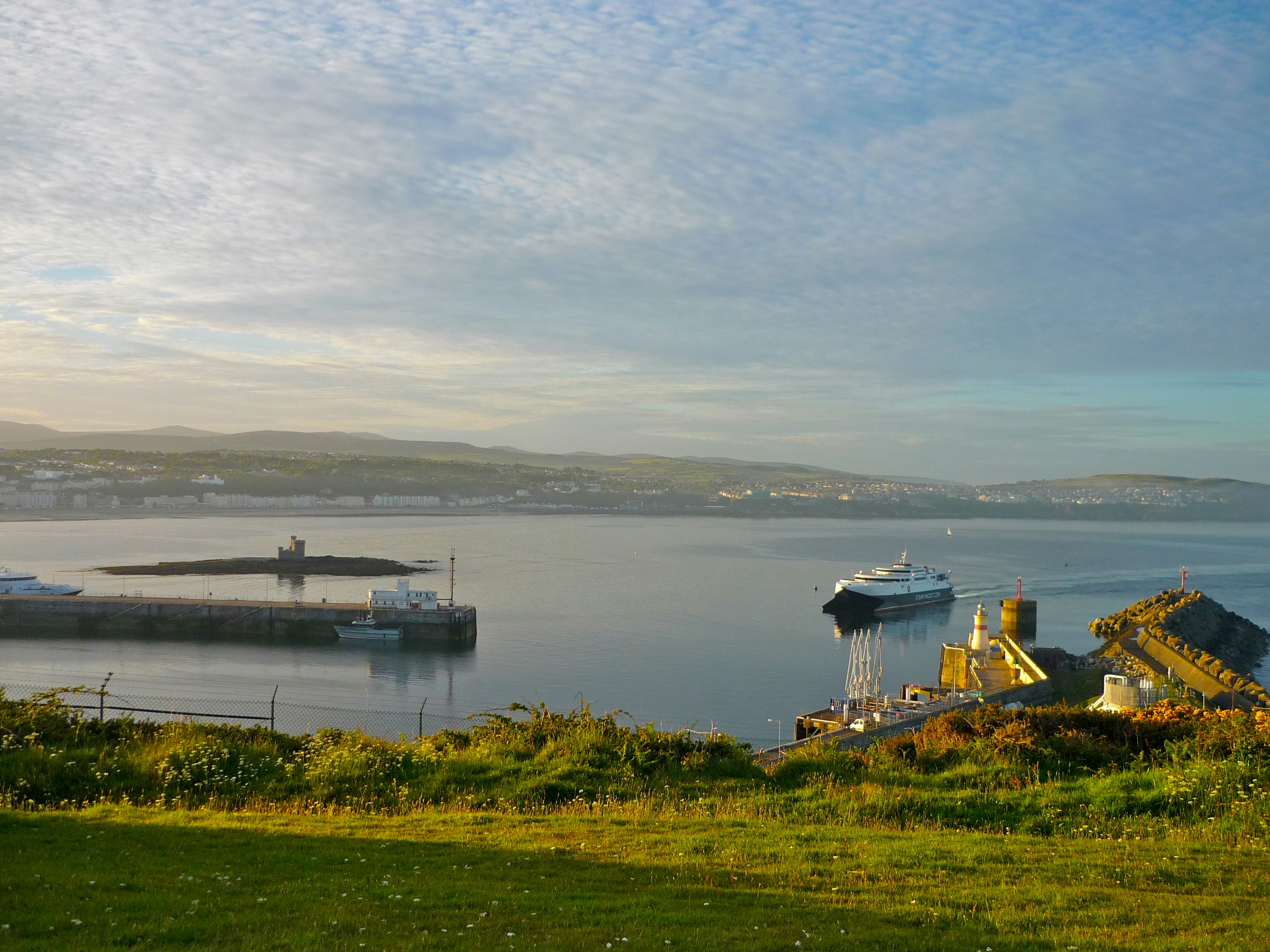.jpeg)
Allan Mulrooney, CEO of the Western Development Commission, will be a key speaker at the Interceltic Business Forum. Celebrating the WDC's 25th anniversary, Mulrooney will share insights on the commission's impact on Ireland's Western Region and its role in fostering economic growth and innovation.
As the Interceltic Business Forum approaches, one of the key speakers to watch is Allan Mulrooney, CEO of the Western Development Commission (WDC). Celebrating its 25th anniversary this year, the WDC has significantly contributed to the economic and social transformation of Ireland's Western Region.
The Western Development Commission has supported over 6,000 jobs, contributed nearly €3.3 billion to the Irish economy, and secured millions in EU funding. Allan Mulrooney's insights and experiences will provide valuable perspectives on regional development, innovation, and cross-border collaboration.
The Western Development Commission (WDC) was established by the Irish Government in 1999 with a clear mission: to drive social and economic development in the Western Region of Ireland. Over the past 25 years, the WDC has been instrumental in supporting over 6,000 jobs; in contributing almost €3.3 billion to Ireland’s economy through strategic investments; and in securing millions in EU funding.
From the outset, the WDC has taken a long-term, strategic approach to regional development. While the positive impacts of its initiatives may not always be immediately apparent, the cumulative effect over the years has been profoundly transformative for the region.
The WDC has a number of levers to drive this development including an evergreen investment fund (Western Investment Fund), a policy analysis function, dedicated Regional Development and Marketing teams, and more recently, a Connected Hubs team, responsible for a now-national rural regeneration initiative of co-working spaces. Both the Connected Hubs team and the Investment Fund team have now presented at the Interceltic Business Forum.
The MedTech sector in Galway owes much of its remarkable growth to the vision and backing of the WDC investment team. Through investing in individual companies and encouraging industry collaboration, the region has gained recognition as a hub for medical technology innovation. While the WDC seeded the spark in this sector, we have worked close with other Government agencies and stakeholders to make this a reality.
In the realm of community finance the WDC has addressed gaps in the market by offering bridging and term loans to community and social enterprise groups facilitating access to vital funding supports. While the WDC has advocated for the regional gas network policy, its energy projects have focused on promoting biomass and district heating, championing sustainable solutions and community-owned wind projects. The WDC's persistent advocacy for better broadband infrastructure has been pivotal in bringing high-speed internet to even the most remote areas, bridging the digital divide and sowing the seed for a national Connected Hubs co-working initiative. In the area of remote working, WDC has led the way by early championing of what was then known as tele-working. With the University of Galway, it conducts the annual National Remote Working Survey, an important instrument in government advocacy for remote working.
The WDC has also championed the creative industry along the western seaboard. Early on, projects like Creative West and Creative Edge provided essential support and infrastructure for artists, filmmakers, and other creative professionals, ensuring that talent in the region could thrive. Furthermore, the WDC established and is the main investor in the Western Region Audiovisual Producers (WRAP) Fund, which has been crucial in supporting film, television, animation, and games projects in the region. This fund has significantly contributed to the growth of the creative sector, creating jobs and boosting the local economy. More recently, WDC were strategic investors in CREW, a hub dedicated to promoting digital and creative industries in the west, with a base in Galway city.
WDC's soft support initiatives, such as the "Moving West" TV show, now ini ts third season, highlights stories of those who have relocated to the West of Ireland, showcasing the region's quality of life and how moving to and living in the region does not have to come at the cost of sacrificing ambitious career goals.
As mentioned earlier, WDC’s Western Investment Fund (WIF) has been pivotal in developing the MedTech sector in the Western Region, establishing it as a global centre of excellence. The region is now home to eight of the top ten MedTech multinational corporations (MNCs) in the world. Companies like Johnson & Johnson have established a presence here through the acquisition of startups seed-funded by the WIF and others. Medtronic, which acquired Crospon –a WDC portfolio company - has expanded its footprint in the region as well. Much of this FDI success is down to the persistence of another Government body called IDA Ireland, the University of Galway and the talent now available in the region.
The WIF's first MedTech investment was in Connemara Biomedical Holdings (trading as Aran Biomedical) in 2003. Since then, it has invested €36.3 million into 45 MedTech/LifeScience companies in the region, leveraging an additional €350million from private sector investors and public sources. This 10x leverage impact has resulted in a market capitalisation of these companies estimated at around €2 billion, with WIF-supported companies directly employing over 2,000 people and supporting many more jobs in the wider economy.
Key success stories include Neuravi, a medical device company that has achieved international recognition, and Aerogen, which has become a global leader in aerosol drug delivery. Outside the MedTech sector, companies like Cora Systems, which specializes in project management software, have also seen impressive international growth. CitySwift, a big data company that powers major bus networks across the globe, recently secured €7 million in funding and plans to double its workforce in the coming year. BuyMedia, an innovative AdTech company, has grown rapidly since 2020 quadrupling its staff and multiplying its revenues by 27x. BuyMedia will also join us this year at the event in Lorient.
These companies exemplify the potential and success of businesses from the West of Ireland, driven by strategic investments and guidance from the WDC.
As CEO ofthe Western Development Commission, I see an opportunity to work with the Irish abroad and the wider Celtic connections. The world is changing rapidly, and in this global landscape, the connections we foster can bring substantial benefits to the region. Ireland has traditionally focused on our Foreign Direct Investment (FDI) sector, but I believe there is an untapped potential within our diaspora and Celtic connections, creating more of a two-way conversation.
There are millions of people of Irish descent around the world, eager to reconnect with their roots and contribute to their ancestral homeland. Similarly, the Celtic nations share deep cultural and historical bonds, presenting a unique opportunity to build robust business networks. These connections can bring new investment into the region, provide mentorship to local businesses, and support community development projects.
In the current global political climate, these relationships are more important than ever. People have an intrinsic desire to belong and give back. By joining local boards, becoming mentors, supporting development projects, or even engaging in philanthropy, these global connections can make a significant impact. Over the past year, my involvement in various international events, following my first Interceltic Business Forum, has highlighted the power of the event and this network. Participating in podcasts like Irish Stew, marching in the New York St. Patrick's Day Parade, and visiting the New York Stock Exchange have all underscored the immense opportunities to connect with our global community.
Hosting the Interceltic Business Forum (IBF) in Galway provided a platform to further strengthen our Celtic ties and foster new partnerships. I’m looking forward to this year’s event in Lorient and to grounding these partnerships in collective actions that lead to tangible strategic successes for all involved.
As we look forward to the Interceltic Business Forum, the insights and opportunities shared by speakers like Allan are invaluable for driving economic growth and collaboration among the Celtic nations.
Don’t miss out on the chance to be part of this dynamic event. Join us on August 12th in Lorient to network, learn, and help shape the future of our interconnected economies.
Sign up now and be a part of this exciting journey!

Jenson Brook, founder of Novus Capital, shares his approach to supporting innovative startups and expanding access to funding beyond London.
Read More
La startup lorientaise Fendsea entre dans une nouvelle phase de croissance, portée par son développement commercial et son expansion internationale.
Read More
On 15 December, we officially launched Global Cornish at Westminster, bringing together nearly 200 Cornish diaspora from business, politics, culture, and sport.
Read More
Dirigeants bretons, développez votre réseau interceltique. Découvrez pourquoi et comment participer à l’Interceltic Business Forum 2026 à l’Île de Man.
Read More